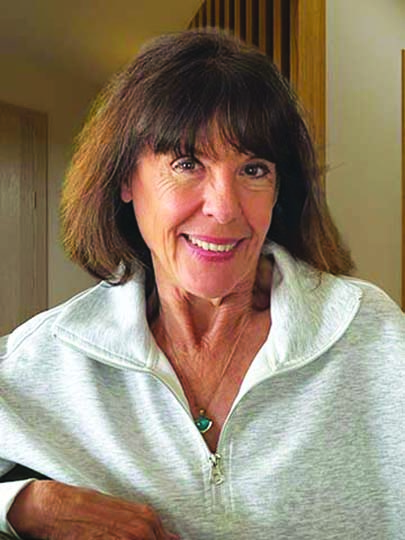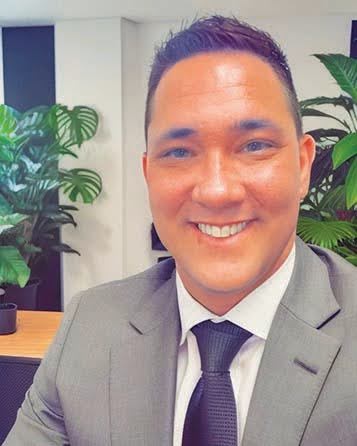By Dr. Paul O
Reviewed by Kyle Rhodes
“By the time you put this book down, you will be convinced that people and circumstances don’t make us angry; we make ourselves angry. People can’t make us angry—unless we let them. We alone are responsible for our feelings.
A measure of the effectiveness of communication is the result it produces. If you don’t like the results you are getting when communication with another person, there’s a great deal you can do about it. I’m not willing to let any thing or any person put my physical sobriety at risk; why should I put less value on my emotional sobriety?
For physical sobriety, we had to give up drinking, and for emotional sobriety, we have to give up blaming others. No longer can we say, “You made me angry!” Instead, we must accept personal responsibility for our emotional state.
This much responsibility may seem extreme, yet in fact it is a great freedom. Henceforth, no person or situation can upset us if we don’t give them or it permission to do so. What could be a greater freedom than that?
Emotional maturity is like serenity.
The first time I felt serene, I wondered what was happening, but I liked the feeling and wanted more. The more I got, the more I wanted. Serenity is addictive,” passage from the back cover.
“And acceptance is the answer to all my problems today.” Alcoholics everywhere know of Dr. Paul’s wisdom through the often-quoted passages from his story, “Acceptance was the Answer”, in the big book of Alcoholics Anonymous. Dr. Paul continues sharing his astute insight and gentle humor with discussions of the physical, mental, emotional, interpersonal and spiritual aspects of sobriety in his book, You Can’t Make Me Angry.
He begins by discussing “the problem.” With an extremely interactive use of language targeted directly at the reader, he points out the importance of both physical and emotional sobriety by explaining what he believes is a contributor to becoming a “dry drunk” or experiencing alcoholic “slips”. As an alcoholic, Dr. Paul says his emotional sobriety must be maintained in order to remain physically sober. A key aspect to this “emotional sobriety”, he suggests, is accepting responsibility for his own emotional state and his emotional reactions to someone else’s behavior.
Dr. Paul uses examples from his own experience in Al-Anon to show living examples of how people are able to make incredible changes along the lines of emotional sobriety. Al-Anon members are particularly suited as examples because many of them are able to maintain emotionally sobriety whether or not their alcoholic is drinking, dry or sober. Dr. Paul’s simple wisdom complements his tall order for action by acknowledging that human beings, alcoholic or not, are simply not going to be able to “maintain complete control of our emotional state at all times”.
Interpersonal relationships depend on communication in order to thrive. Dr. Paul suggests that emotional independence is a way to clear communication with others. When we allow others to control our emotions and actions with their behaviors we are not always able to clearly communicate what must be said or done. He tells us that if we aren’t happy with the results our communication skills are producing, then we must have “the courage to change our thinking, our attitudes and our behavior in many small ways.”
One of the most effective and interesting styles I have experienced, Dr. Paul doesn’t only put forth suggestions and solutions. He points out several behaviors and tendencies many people struggle to let go of. He adds the resulting chaos as part of his explanation of what can get in the way of effective communication and emotional independence. He borrows theories from psychologists and counselors to drive home several of his main concerns.
Dr. Paul borrows valuable advice from other books and authors as well as drawing from his own experience in Alcoholics Anonymous, Al-Anon, and his marriage to Max O. in order to put some perspective behind the suggestions he has put forth. As a reader, we are able to see practical application of some of the things we have read up to this point and the results that came to fruition for Dr. Paul. He continues to offer up techniques and practices that he has had success with in maintaining his own emotional sobriety. His experiences are easily relatable for anyone who is a member of Alcoholics Anonymous or Al-Anon, and for those who are in a committed relationship or marriage.

































